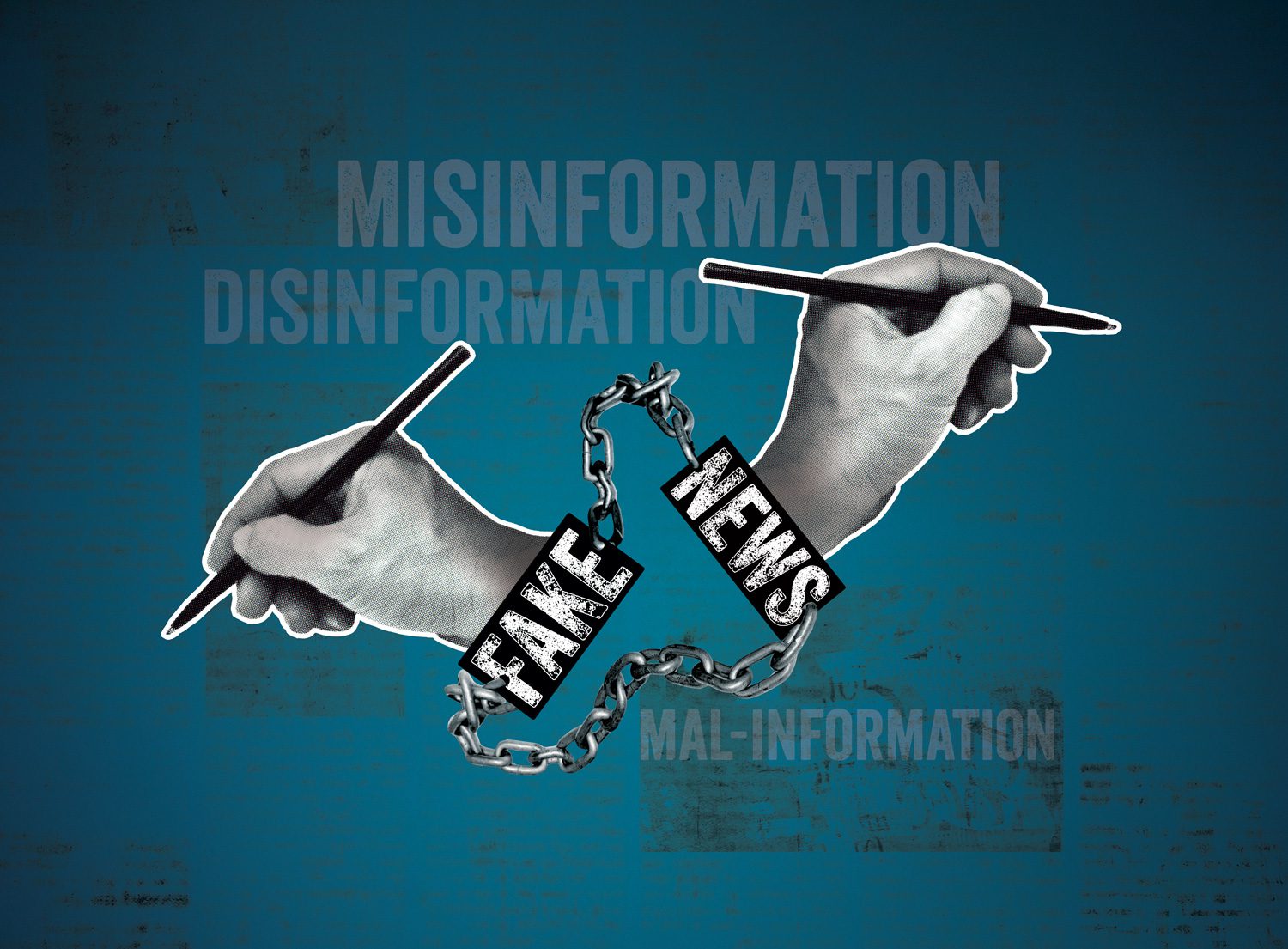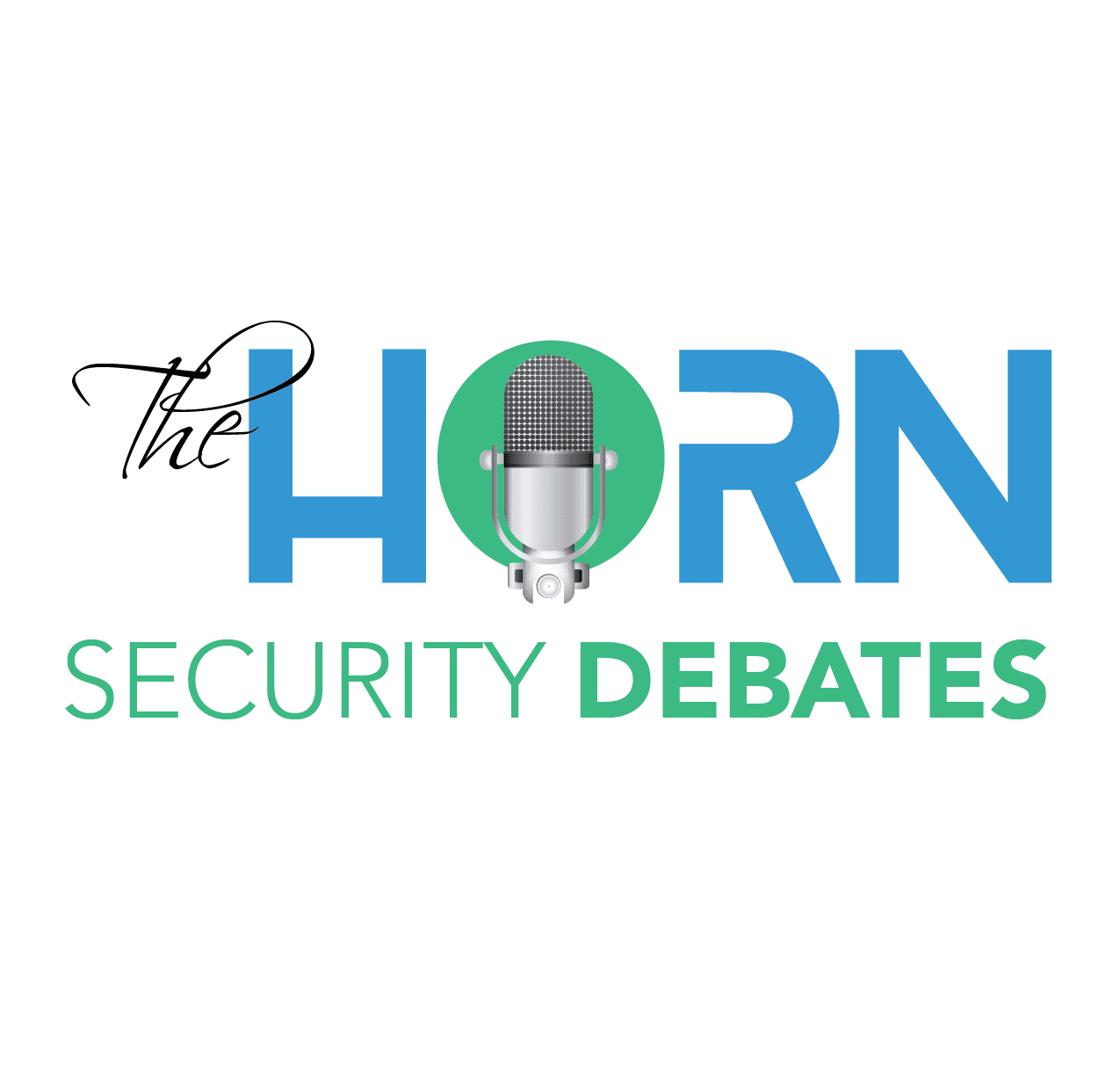The INFORM Initiative : Correcting and Countering Disinformation, Misinformation, and Malinformation in Kenya
The INFORM Initiative (Information, Narratives, Fact-checking, Outreach, Resilience, Media Literacy) is a strategic, multi-dimensional undertaking by the HORN International Institute for Strategic Studies. Designed to comprehensively address and mitigate information disorder—specifically disinformation, misinformation, and malinformation (DMM)—the INFORM Initiative seeks to safeguard and strengthen Kenya’s information environment across social, political, economic, and security spheres.
At its core, the INFORM Initiative promotes accuracy, credibility, and resilience through targeted interventions:
- Information: Providing accurate and credible content.
- Narratives: Shaping truthful and constructive public narratives.
- Fact-checking: Actively verifying and correcting misinformation.
- Outreach: Engaging communities and stakeholders to build collective resilience.
- Resilience: Strengthening public and institutional resistance to harmful information.
- Media Literacy: Equipping individuals with critical skills to discern reliable information.
Under the INFORM Initiative, the HORN Institute will launch specialized programs tailored to tackle distinct aspects of information disorder. The following are programs flagship activity:

The DISMISS Program
The DISMISS Program is a three-year undertaking of the HORN International Institute for Strategic Studies, designed to manage and respond to the evolving threats of disinformation, misinformation, and malinformation (DMM) across Kenya’s social, political, economic, diplomatic, and security spheres. Through this initiative, the HORN will roll out targeted activities aimed at fact-checking, correcting disinformation, misinformation and malinformation, strengthening public awareness, building institutional capacity, and informing effective, evidence-based policy responses that safeguard the country’s information environment.

The Horn Security Debates
The Horn Security Debates is a high-level, bimonthly discussion forum hosted by the HORN International Institute for Strategic Studies. This platform brings together policymakers, security experts, and thought leaders to analyze and discuss the evolving security landscape in the Horn of Africa. The debates cover a range of critical topics, including geopolitical influences, terrorism, governance, emerging security threats, and governance.
Given the region’s geostrategic importance and ongoing security challenges, the Horn Security Debates aims to foster informed, evidence-based discussions that shape policies and promote regional stability. The sessions will feature expert panels, audience engagement, and live-streamed discussions to ensure broad accessibility and impact.
